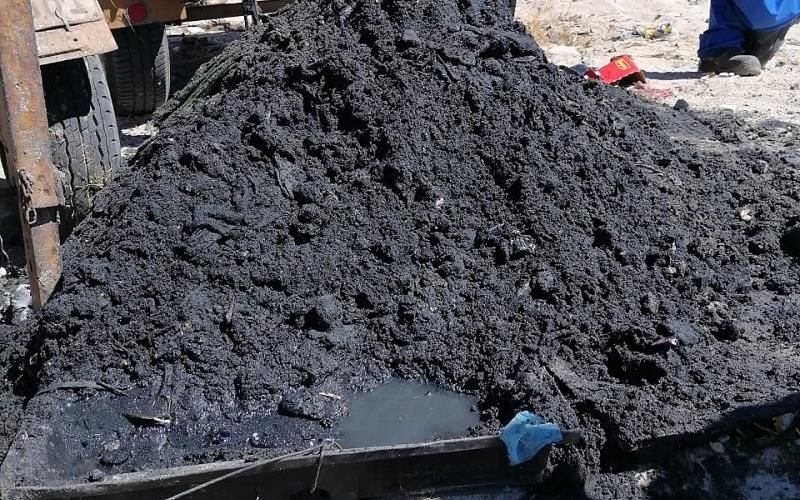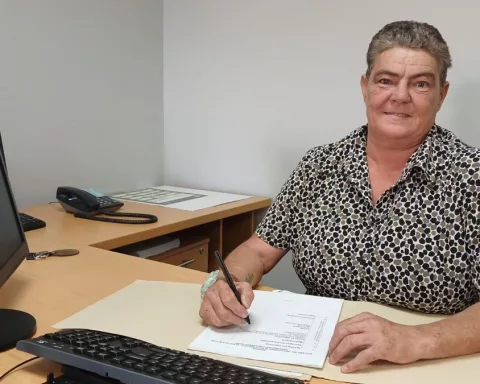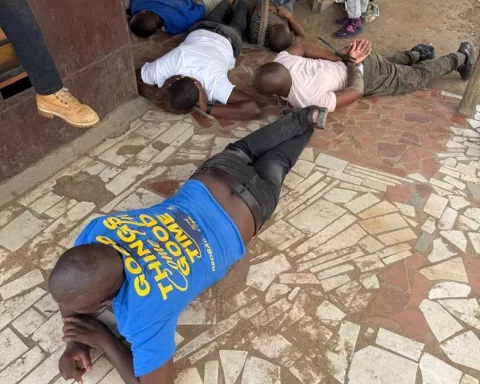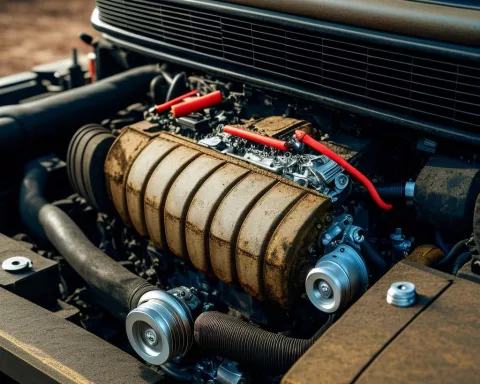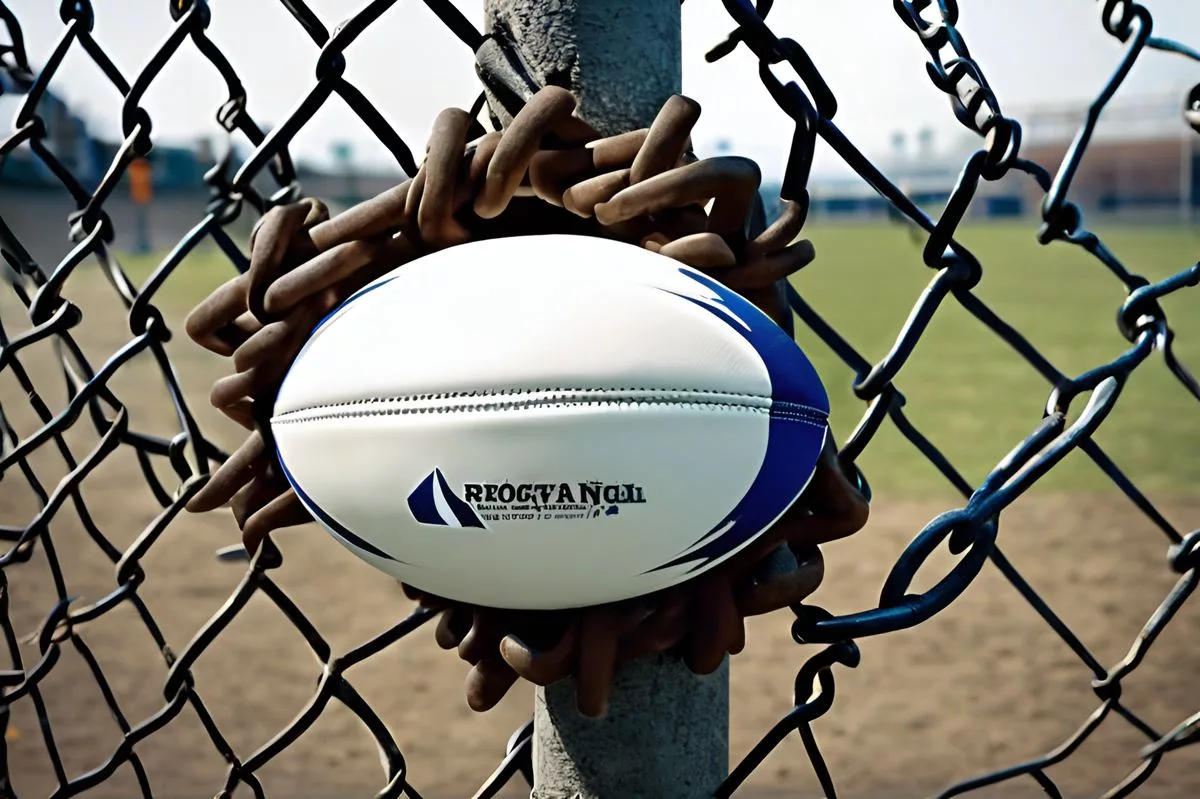Khayelitsha, a township on the outskirts of Cape Town, overcame persistent sewer blockages using innovative methods and specialized vehicles. The challenge included a frequently obstructed 600mm sewer main line caused by debris, premeditated vandalism, and homes built directly over the sewer line. The Water and Sanitation Directorate successfully cleared the blockages, but the cost was R8,128,317.70. The city is urging community members to take responsibility for their infrastructure, and cash rewards of up to R5,000 are being offered for information leading to the arrest of vandals.
How did Khayelitsha overcome persistent sewer blockages?
The Water and Sanitation Directorate in Khayelitsha tackled the challenge of a frequently obstructed 600mm sewer main line caused by debris like rags and stones, premeditated vandalism at upstream manholes, and homes built directly over the sewer line. The teams innovatively used specialised vehicles and over-pumping strategies to circumvent the blockages, resulting in a cost of R8,128,317.70. The city is urging community members to take responsibility for their infrastructure by reporting any suspicious activities and offering cash rewards up to R5,000 for information leading to the arrest of vandals.
Section 1: The Indomitable Challenge
In an era punctuated by infrastructural hurdles, a beacon of hope and resilience shines bright in Khayelitsha, a vast township on Cape Town’s periphery. Our tale commences with an intimidating adversity- a 600mm sewer main line frequently obstructed by numerous objects. Yet, it culminates in a victorious win, thanks to the relentless efforts of the Water and Sanitation Directorate.
The continual problem was the stubborn 600mm sewer line in Welcome Zenzile, Khayelitsha, which was consistently choked by debris like rags, stones, construction rubble, and other foreign objects, causing distress to dwellers. The issue was further escalated by premeditated vandalism at upstream manholes, leading to illicit connections. Moreover, homes built directly over the sewer line made manholes virtually unapproachable and the process of unblocking even more challenging.
Section 2: The Intricate Network and the Herculean Task
This tangled network of interconnected sewer lines proved to be a significant trial for the operational teams. The challenge lay not just in unblocking the primary 600mm main line but traversing and clearing the entire intricate maze of interconnected lines that drained into it. Undeterred by the successfully cleared main line, the teams forged ahead, tackling the remaining blockages in the network.
Councillor Zahid Badroodien, the Mayoral Committee Member for Water and Sanitation, threw light on the magnitude of the problem. He revealed that a considerable volume of construction rubble and other foreign substances were regularly extracted from the sewer system. These were the main culprits triggering the overspills tormenting Khayelitsha.
Section 3: Innovations and Expenses
Despite the hindrances, the Directorate’s teams innovatively used specialised vehicles and employed over-pumping strategies to circumvent the blockages. While these interventions, though complicated, brought much-needed relief to the residents, the constant safety threats required supplementary security measures, causing inevitable delays.
The effort to clear the blockages did not come without its price. The total expenditure since the issue was first identified in September 2023 stands at a jaw-dropping R8,128,317.70. This cost includes jetting, over pumping, bucket machine cleaning, and the construction of an access road.
Councillor Badroodien recognised the repercussions of these overflows on the community. He stressed that these blockages, most often caused by human actions like illegal connections and filling or concealing of manholes, had serious implications for the community’s quality of life and health.
Section 4: Combating the Challenge and Community Involvement
In retaliation, the city is pushing its limits to clear the entire pipeline quickly, with a target of resolving all blockages by the end of February 2024. Simultaneously, the city is urging community members to take responsibility for their infrastructure by reporting any suspicious activities.
In a commendable initiative, residents are being nudged to report, even anonymously, about objects being dumped into the sewer system. As a motivation, cash rewards up to R5,000 are being offered for information leading to the arrest of vandals.
Councillor Badroodien’s statement emphasises the gravity of this issue: the public’s rates and tariffs finance the repair and replacement of vandalised infrastructure. It is, therefore, crucial for residents to participate actively in ensuring the longevity and integrity of their infrastructure.
The story of Khayelitsha stands as a powerful testament to the unyielding spirit of human resilience. It is a tale of perseverance, innovation, and community involvement conquering adversity, transforming a formidable challenge into a communal victory.
1. What was the challenge faced by Khayelitsha regarding the sewer system?
Khayelitsha faced the challenge of a frequently obstructed 600mm sewer main line caused by debris, premeditated vandalism at upstream manholes, and homes built directly over the sewer line.
2. How did the Water and Sanitation Directorate overcome the challenge?
The Water and Sanitation Directorate in Khayelitsha tackled the challenge by using specialized vehicles and over-pumping strategies to circumvent the blockages. They innovatively cleared the blockages in the network, resulting in a cost of R8,128,317.70.
3. What was the cost of clearing the blockages in Khayelitsha’s sewer system?
The cost of clearing the blockages since the issue was first identified in September 2023 stands at R8,128,317.70. This cost includes jetting, over pumping, bucket machine cleaning, and the construction of an access road.
4. What is the city doing to combat the challenge in Khayelitsha?
The city is pushing its limits to clear the entire pipeline quickly, with a target of resolving all blockages by the end of February 2024. They are also urging community members to take responsibility for their infrastructure by reporting suspicious activities. Cash rewards up to R5,000 are being offered for information leading to the arrest of vandals.
5. What were the culprits causing the overspills tormenting Khayelitsha?
A considerable volume of construction rubble and other foreign substances were regularly extracted from the sewer system, triggering the overspills tormenting Khayelitsha.
6. Why is it crucial for residents to participate actively in ensuring the longevity and integrity of their infrastructure?
Residents need to participate actively in ensuring the longevity and integrity of their infrastructure because the repair and replacement of vandalized infrastructure are financed by the public’s rates and tariffs.

